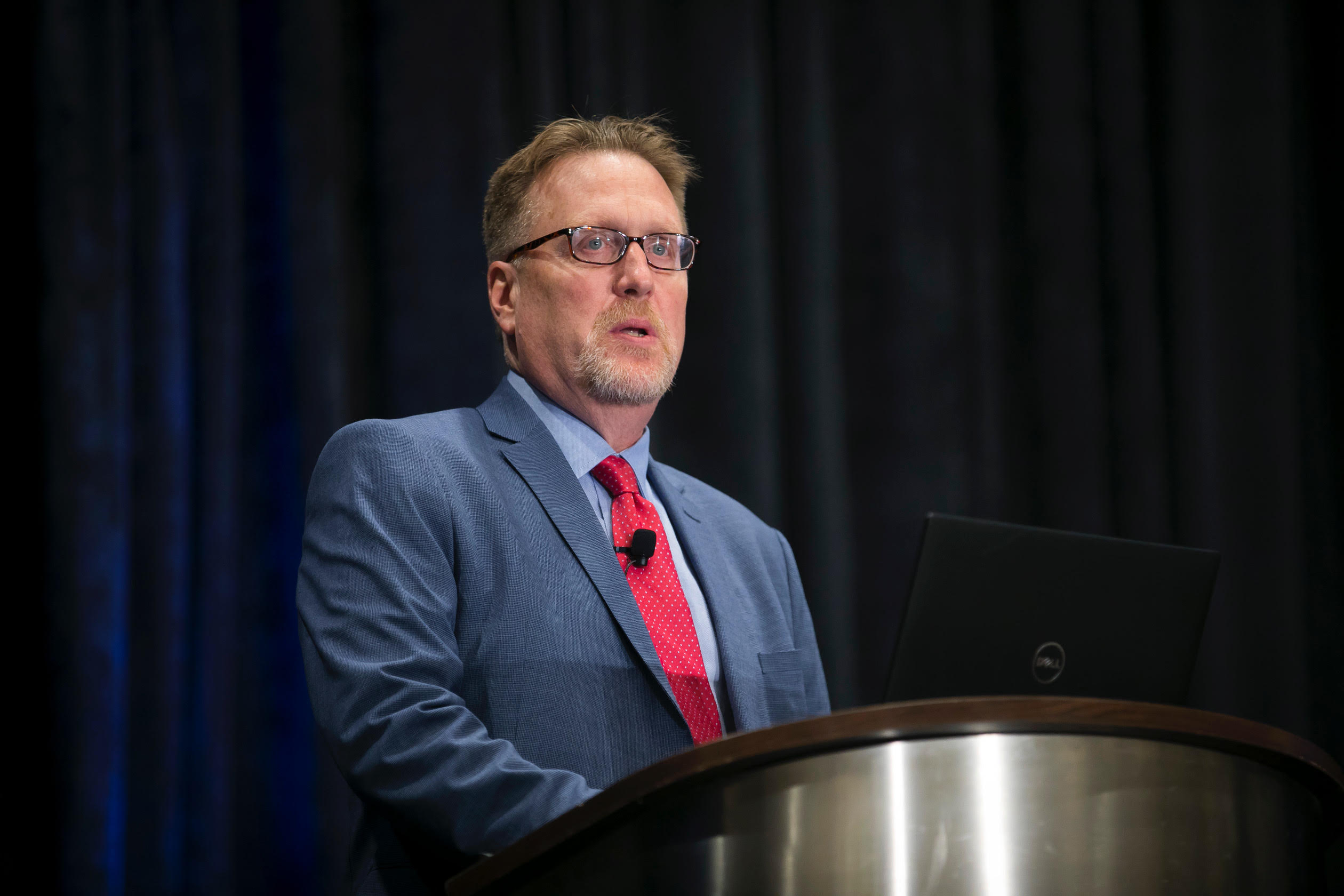Categories
Blog News industryShooter found guilty: July 15, 2021
When Capital Gazette Editor Rick Hutzell, the keynote speaker at the annual Investigative Reporters and Editors conference, described those who died in a shooting that devastated his newsroom a year ago, I looked around the room and saw their faces.
 The five who died were reflected in the 1,350 journalists eating lunch in the ballroom of the Houston Marriott Marquis on a recent Saturday, clinking silver utensils against plates and chatting with colleagues. These journalists had gathered to share their experiences investigating their communities and to learn from each others’ failures and successes.
The five who died were reflected in the 1,350 journalists eating lunch in the ballroom of the Houston Marriott Marquis on a recent Saturday, clinking silver utensils against plates and chatting with colleagues. These journalists had gathered to share their experiences investigating their communities and to learn from each others’ failures and successes.
When Hutzell spoke about his staff, especially the five who died June 28, 2018, he said they were committed to their craft.
He described Rob Hiaasen as someone who knew the news. Gerald Fischman was the paper’s voice on the editorial pages. Wendi Winters was overcoming challenges entertainment reporters often face. Rebecca Smith and Hutzell shared water-cooler-chit-chats. John McNamara, the community reporter for the city of Bowie, was beloved for his accurate reporting.
What struck me was when Hutzell called McNamara “not a glass-half-empty-guy, so much as what-the-hell-is-the-glass doing here.”
Throughout the conference, I heard reporters and editors remind each other that their goal wasn’t to seek the most nefarious story. If there isn’t anything illicit in a government contract, what’s the harm in reporting about it, one speaker asked.
This was the largest IRE conference yet, with more than 1,900 registered, and in every session and panel I attended over the weekend, reporters and editors from across the globe detailed roadblocks facing investigative journalists, such as felonious government officials or cagey public affairs officers. They advised each other about how to overcome obstacles to get necessary data or information to share with the public.
Carla Minet of Centro de Periodismo Investigativo de Puerto Rico talked about the lawsuit her newsroom and others filed against the Puerto Rican government when it wouldn’t release records relating to who died during Hurricane Maria.
Scott Henson of Grits For Breakfast, a website focused on Texas’ criminal justice news, called prosecutors’ offices “black holes for data,” saying it’s nearly impossible to get information from prosecutors that could help journalists better understand the patterns of prosecuting offenders. Ben Conarck of The Florida Times-Union chronicled the word games he’d play with records office employees when he was told he hadn’t requested a document by its technical name.
Reporters who try to access public records — whether about shootings or more mundane issues — talked about their public-records requests being denied. It reminded me of how important it is to ignore whatever prevents journalists from challenging power and questioning wrongdoing.
The gunman who entered Hutzell’s newsroom was trying to silence journalists because he hadn’t liked what the paper had written about him. He didn’t succeed. Despite the shooting deaths, the staff put out a paper the next day, earning them a special citation from the Pulitzer Prize board “for demonstrating an unflagging commitment to covering the news and serving their community at a time of unspeakable grief.”
When the Twin Towers fell onto the Wall Street Journal’s doorstep in 2001, its reporters and photographers captured the response to the terrorist attack. After their newsroom was evacuated, journalists improvised where and how to work on the frantic streets of New York City.
Just a day after the IRE conference wrapped a Dallas Morning News photographer came under fire outside a federal courthouse. Instead of seeking safety, Tom Fox took photographs as the gunman exchanged fire with police.
None of these storytellers threw up their hands or quit; in fact, Wendi Winters of the Capital Gazette charged the gunman armed only with a trash can and recycling bin. The reporters at the conference continued to do what they could because they knew that was what mattered.
“The question was asked, ‘Do we keep going?’’ Hutzell said. “There wasn’t a question of what the answer was.”





